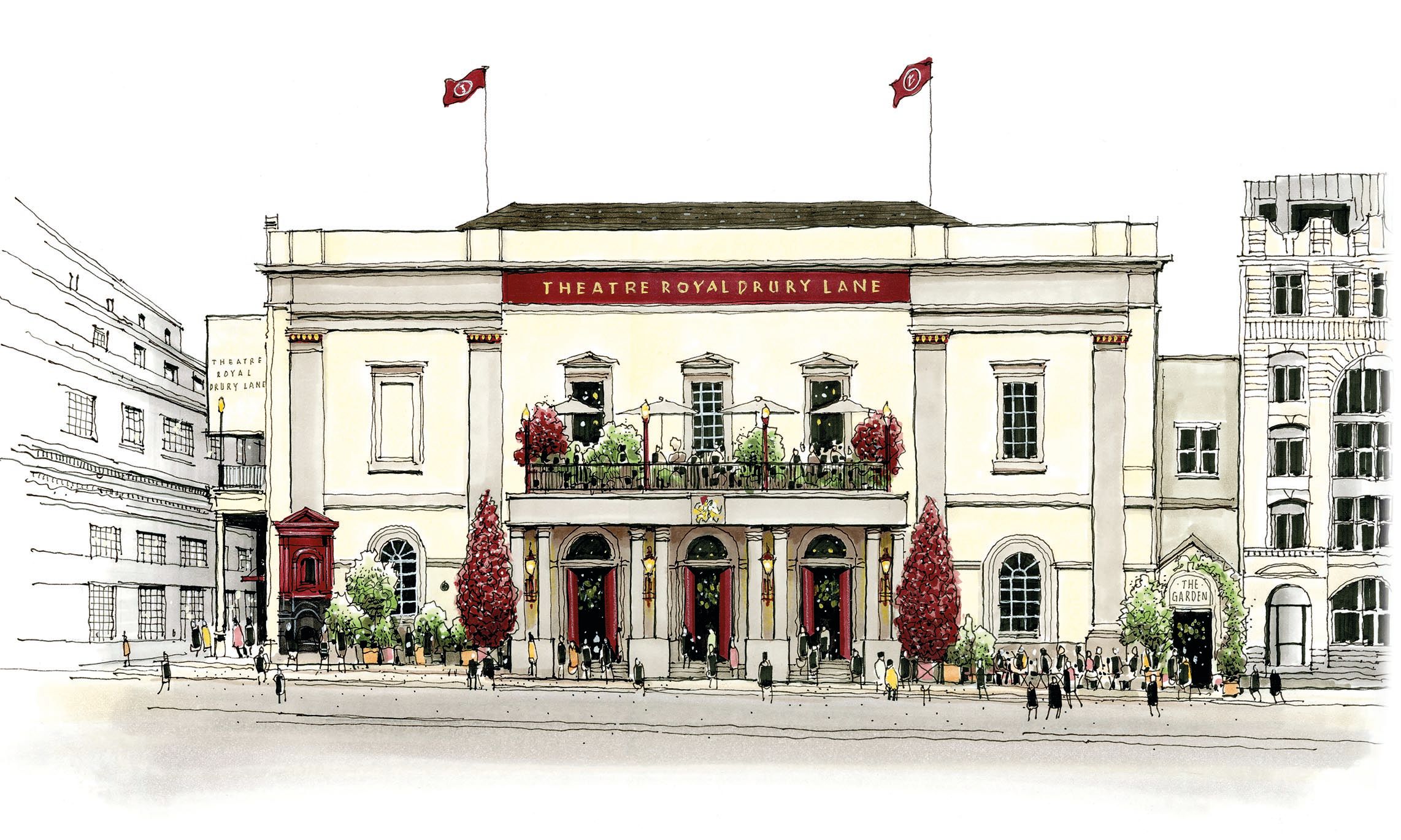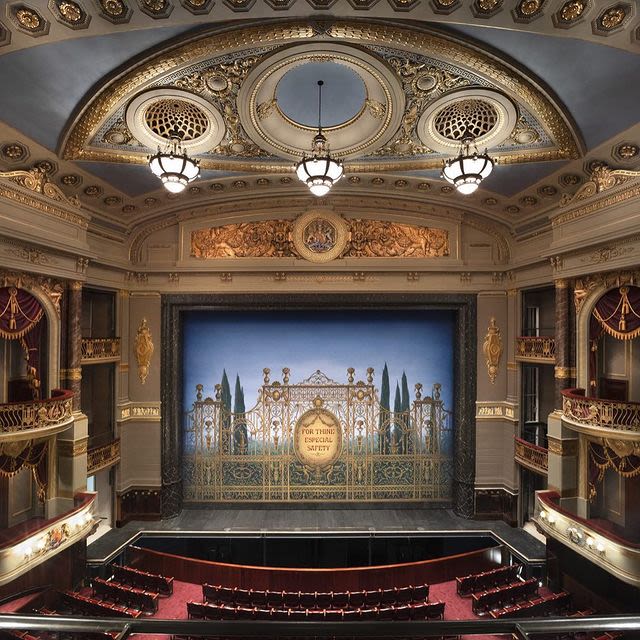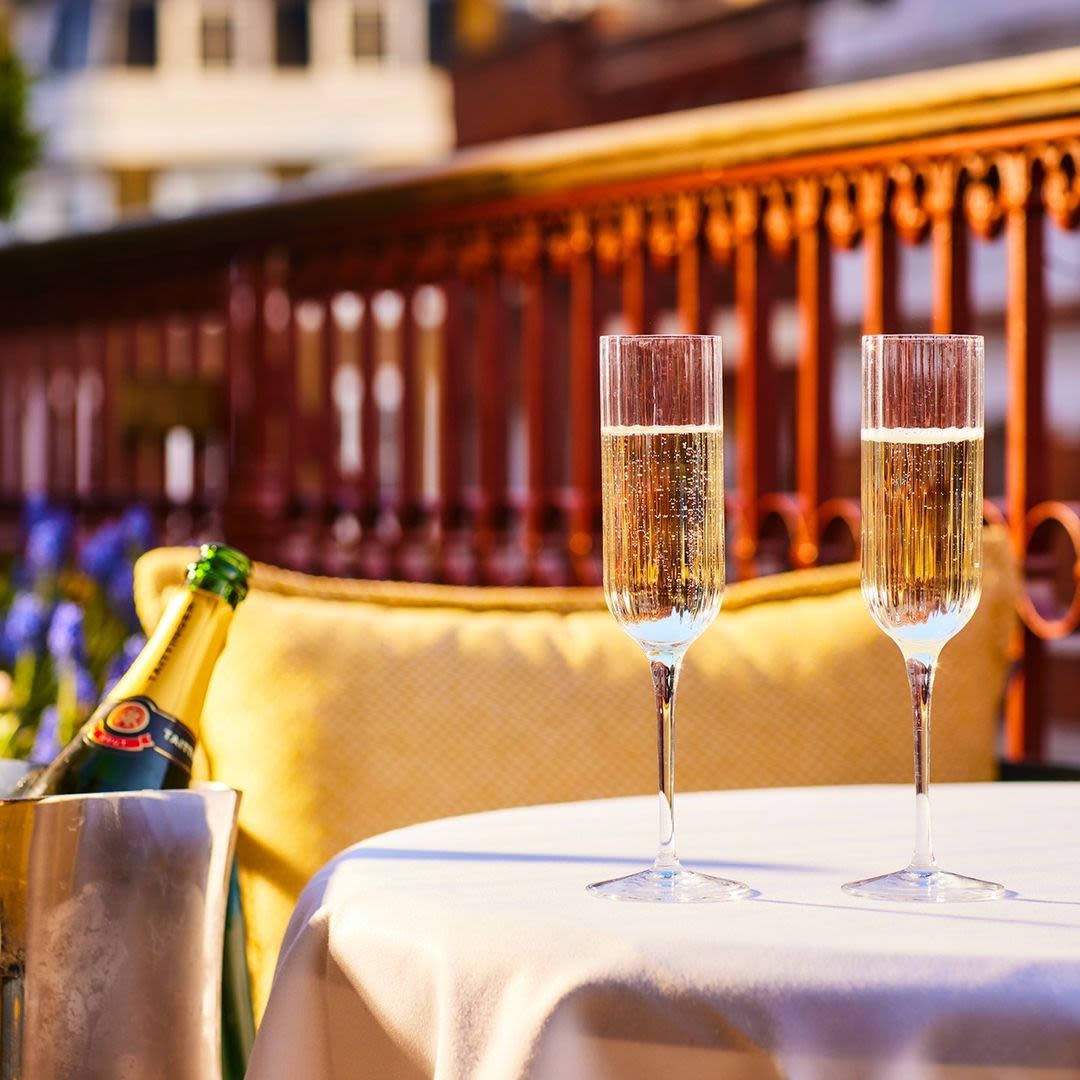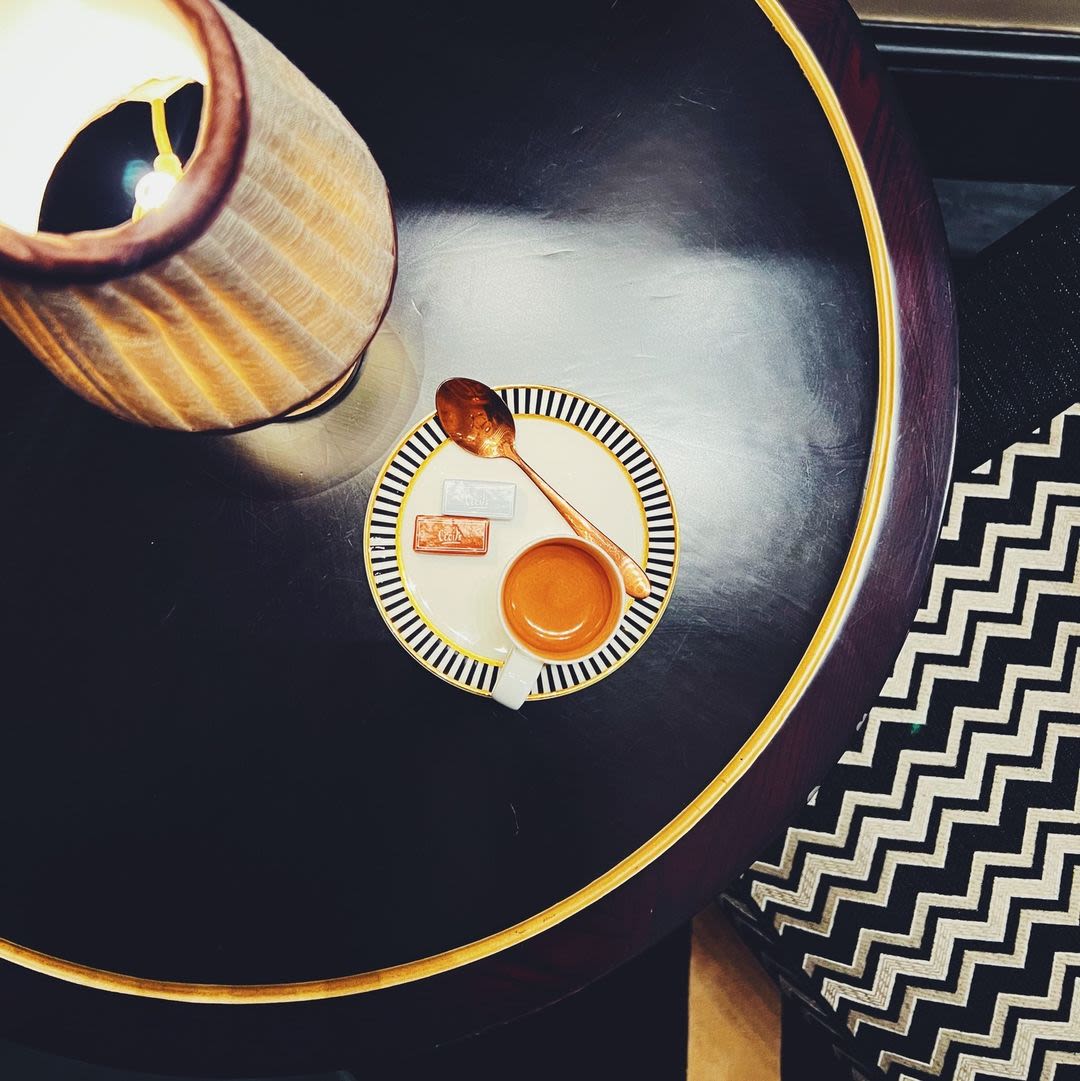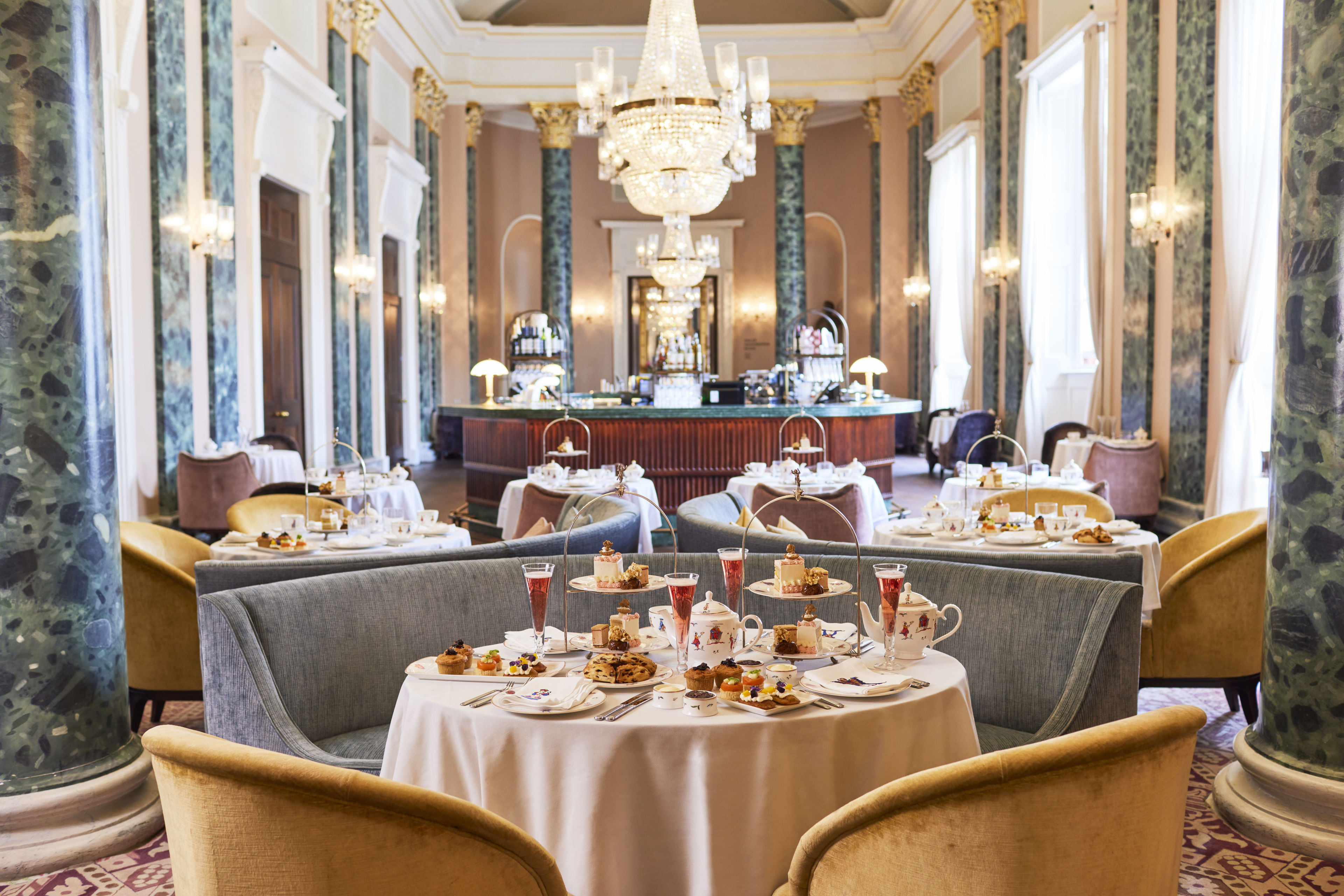Theatre Royal Drury Lane: Britain's Royal Theatre

‘Let a theatre be built in Rideing Yard’! So proclaimed King Charles II in his patent which established Theatre Royal Drury Lane as one of the two legal theatres following the English Civil War. Thus, laying the foundations for 359 years of the royal family’s deep connection with the only theatre in the world to still operate under a genuine royal charter.
Every British monarch has visited Drury Lane since the Restoration: some because of their love for theatre; others because of their love for the actresses. Charles II, himself, had possibly the most famous of royal affairs, with Nell Gwynne, with whom he had two illegitimate sons. The Duke of Clarence (latterly William IV) met the actress Dorothy Jordan after a performance and subsequently ‘met’ her so many times, she bore him ten children!
Some monarchs had a profound effect on Drury Lane. Charles II, having witnessed the very first actress whilst exiled in France, had a line inserted into the charter stating that ‘All the women’s parts for the time to come must be performed by women’, so opening the door for actresses on the British stage.
Perhaps, the most famous story of Royals at The Lane comes from King George III and his son, the Prince Regent. Angered by the Prince arriving at the theatre visibly drunk, a fight broke out between the pair. They were subsequently banned from ever meeting again in the theatre and the Prince was banished to the box on the opposite side of the auditorium, leaving The Lane as the only theatre in the world with two royal boxes. You can see this story to this day at The Lane, where our auditorium is split into the King’s side and the Prince’s side.
Performances have often had a profound effect on visiting monarchs. George II was so frightened by Charles Macklin’s performance as Shylock that he couldn’t sleep for two days and George III cried so hard after Sarah Siddon’s death scene in The Mysterious Husband that he had the play banned.
In Drury Lane’s current royal retiring room, we have entertained three King Georges, Kings William and Edward and Queens Victoria and Elizabeth. In 1916 George V was so astounded by the performance of Frank Benson as Julius Caesar, he summoned him to the room, asked for a cardboard sword from the Props department, and knighted him.
Theatre Royal Drury Lane is also the first place where British National Anthem was played. Originally composed to celebrate victory over Bonnie Prince Charlie at the battle of Culloden, it was later adopted as the national anthem by George II.
And, finally, in June 2021, following the £60m renovation, the new incarnation of Drury Lane was opened by Prince Charles and the Duchess of Cornwall, so continuing this extraordinary relationship between the royal family and Britain’s most royal of theatres.
